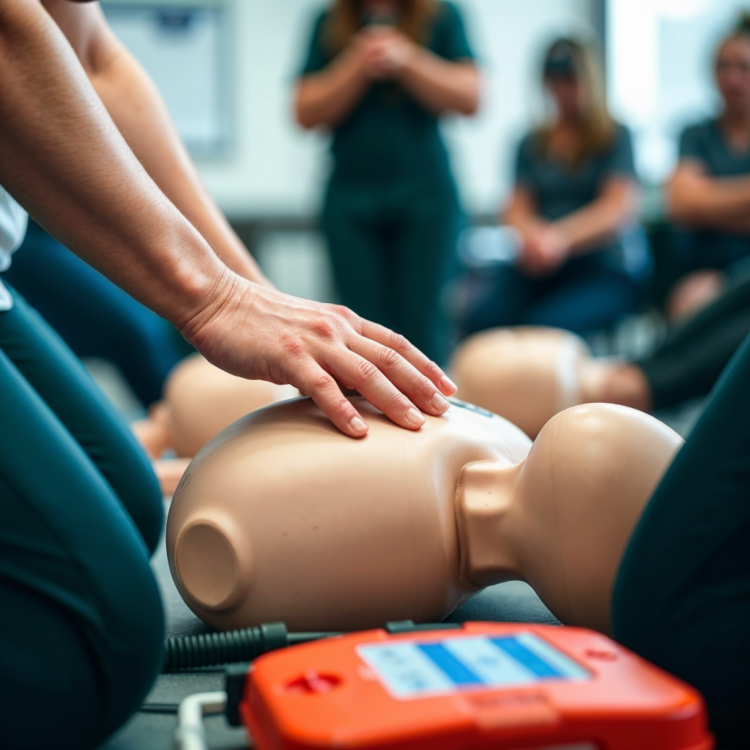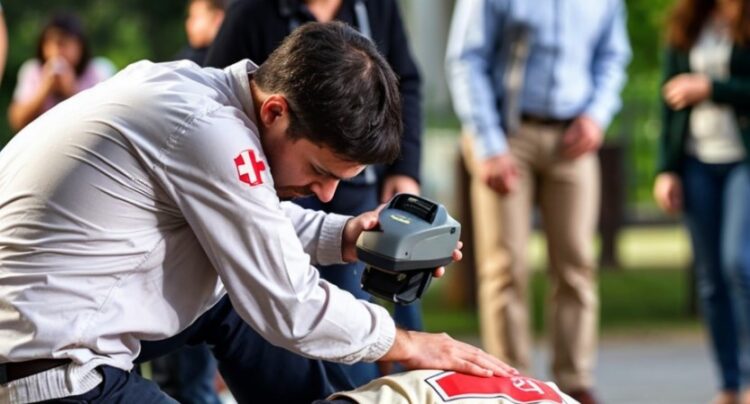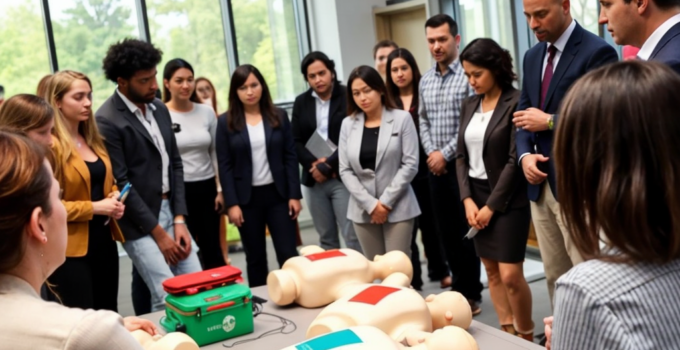First aid certification is more than just a credential; it is a valuable life skill that empowers you to help others in emergencies. Whether you’re a concerned parent, a teacher, a caregiver, or just someone who wants to be prepared, first aid certification can make a significant difference. As you consider this important training, here are five essential things you need to know about earning your first aid certification.
Page Contents
1. Understanding the Importance of First Aid Certification

First aid training equips you with the knowledge and skills needed to handle various medical emergencies effectively. From minor cuts and bruises to more serious situations like cardiac arrest, knowing the proper first aid procedures can mean the difference between life and death. Certification ensures that you are trained to respond swiftly and appropriately, potentially saving lives and reducing the severity of injuries. This kind of preparedness is invaluable in both personal and professional settings.
2. Choosing the Right Certification Program
Selecting a reputable certification program is crucial. Many organizations offer first aid training, but it’s essential to choose one that is recognized and accredited. Look for courses that comply with international or national health and safety standards. One reliable option is the MyCPR NOW program, which provides comprehensive training tailored to various needs. These programs offer flexible learning options, including online, in-person, or hybrid formats, allowing you to choose one that fits your schedule and learning preferences.
3. Course Content and Duration
A typical first aid certification course covers a wide range of topics. You will learn how to assess situations quickly, manage bleeding, handle fractures, perform CPR, use an automated external defibrillator (AED), and manage other medical emergencies such as choking, burns, and allergic reactions. The duration of these courses varies, with some programs completed in a few hours, while others might take a full day or more. It’s important to check the course syllabus to ensure it covers all critical areas, giving you the comprehensive training you need.
4. Practical Experience and Skills Assessment
One of the most critical aspects of earning a first aid certification is the hands-on practice. Practical training allows you to apply what you’ve learned in a controlled environment, which is crucial for building confidence and competence. Most certification programs, include skills assessment tests to ensure that participants can perform first aid techniques correctly. This hands-on component, often conducted through simulations and real-life scenarios, is essential for effective learning and skill retention.
5. Certification Validity and Renewal

First aid certification is not a one-time event; it typically requires renewal every one to three years, depending on the certifying organization. This renewal process is necessary because first aid guidelines and best practices can change as new research and technology emerge. Regular renewal courses keep your skills fresh and updated. It’s advisable to keep track of your certification’s expiration date and enroll in a renewal course well in advance to maintain your status as a certified first aid responder.
6. The Impact of Being Certified
Possessing a first aid certification is empowering, both personally and professionally. In the workplace, it can make you a valuable asset, as many employers prefer employees with first aid skills. It also enhances your sense of responsibility and readiness in everyday life, knowing you can step in and provide critical help during emergencies.
Bottom Line
In conclusion, earning a first aid certification is a vital step towards ensuring safety and preparedness in both personal and professional environments. By understanding its importance, choosing the right program, engaging in practical training, keeping your certification valid, and acknowledging the broader impact of your knowledge, you can be well-prepared to make a positive difference in emergencies. Remember, being trained in first aid is not just about certification; it’s about being prepared to save lives when it matters most.




